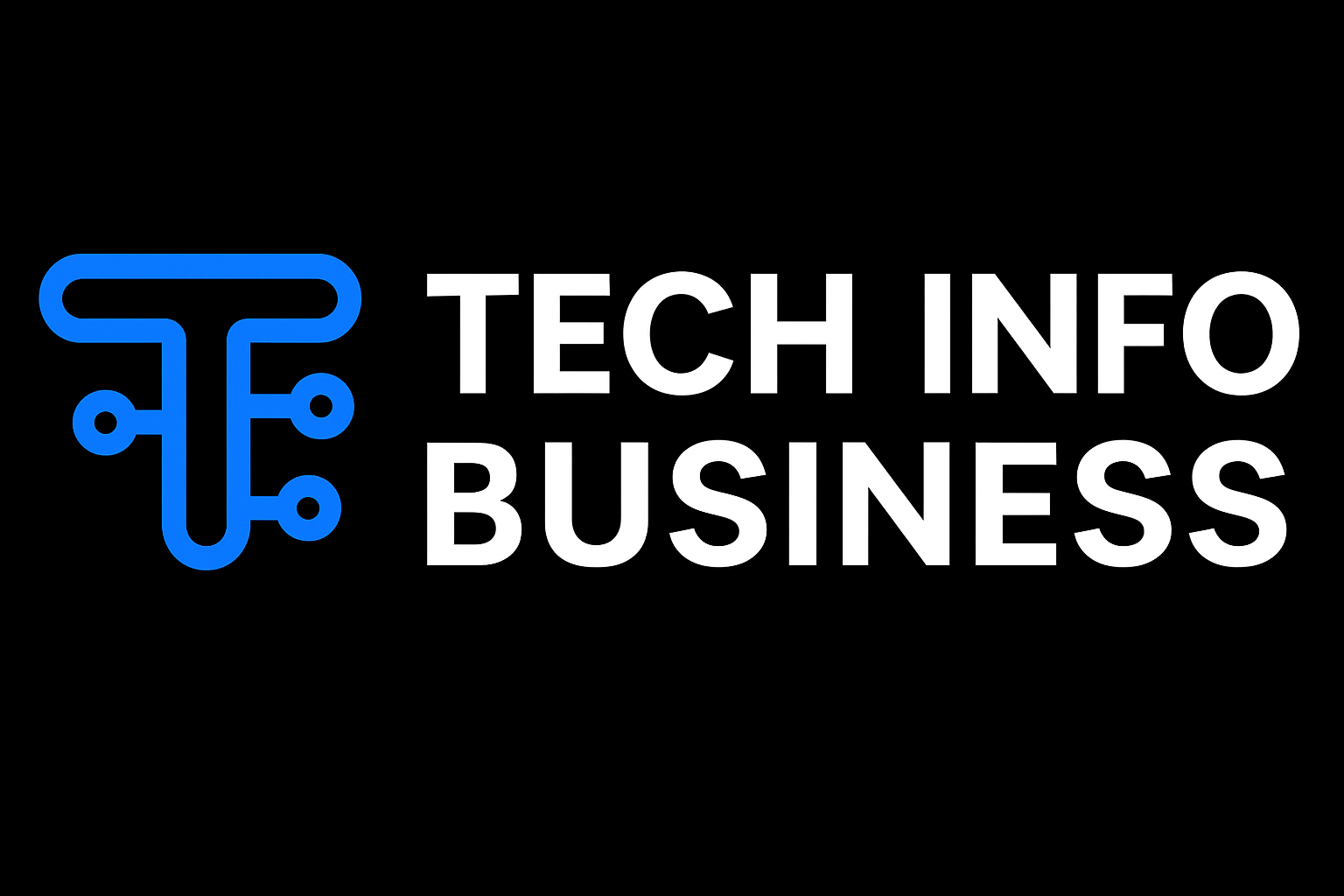Modern technology has become the heartbeat of human progress, influencing every aspect of how we live, work, learn, and connect. From the smartphone in your hand to artificial intelligence powering global industries, the impact of modern technology on human life is both profound and far-reaching. It has revolutionized communication, enhanced healthcare, boosted efficiency, and opened doors to new learning opportunities. Yet, this same technology has introduced challenges such as digital fatigue, social isolation, and data privacy concerns.
In this article, we’ll explore the positive and negative effects of modern technology on human life, highlight its role in shaping society, and offer tips on how to create a healthy balance between the digital and physical worlds.
The Positive Impact of Modern Technology on Human Life
Modern technology has improved the quality of life in countless ways — making everyday tasks faster, safer, and more convenient. Its influence spans multiple areas, including work, education, communication, and healthcare.
1. Revolutionizing the Workplace
One of the most visible impacts of modern technology can be seen in the workplace. Digital tools and smart systems have redefined how we work and collaborate.
Increased efficiency and automation:
Tasks that once required hours of manual effort can now be completed in minutes using computers, automation software, and artificial intelligence. Data analysis, inventory management, and even decision-making have become more precise and efficient.
Remote work and collaboration:
Modern communication platforms like Zoom, Microsoft Teams, and Slack allow employees across continents to collaborate seamlessly. Virtual meetings, shared workspaces, and cloud storage ensure productivity is no longer limited by geography.
Enhanced productivity:
Automation not only saves time but also reduces human error. From robotic process automation (RPA) in manufacturing to AI-driven analytics in business, technology continues to boost output and streamline operations.
2. Transforming Healthcare and Medicine
Technology has completely reshaped the healthcare industry, improving both patient outcomes and research capabilities.
Accurate diagnosis and treatment:
Medical imaging, robotic surgery, and AI-powered diagnostic tools have allowed healthcare professionals to detect and treat diseases earlier and more effectively than ever before.
Telemedicine:
Telehealth platforms enable patients to consult doctors from the comfort of their homes, saving time and expanding access to medical care — particularly in remote or underserved regions.
Health monitoring:
Wearable devices and mobile health apps track heart rate, sleep quality, and physical activity, empowering people to take charge of their own well-being.
3. Global Communication and Connectivity
The internet has made the world smaller, connecting people across time zones and cultures in real time.
Instant communication:
Emails, instant messaging, and video calls allow us to stay connected with loved ones or collaborate with international teams without barriers.
Educational access:
Modern technology has democratized education. Students can now attend virtual classes, complete degrees online, and access global libraries and courses from leading universities with just an internet connection.
Cultural exchange:
Social media platforms and online communities enable people to share ideas, traditions, and innovations, fostering global understanding and cooperation.
4. Expanding Education and Learning Opportunities
The impact of modern technology on human life is perhaps most evident in the field of education.
E-learning platforms:
Students no longer need to be physically present in a classroom. Platforms like Coursera, Khan Academy, and Google Classroom have made education more flexible and inclusive.
Interactive learning tools:
Multimedia content, virtual simulations, and AI tutors enhance engagement and help students understand complex topics more effectively.
Global reach:
With online learning, education has no borders — anyone, anywhere, can access world-class resources and instructors, bridging gaps that once limited opportunity.
The Negative Impact of Modern Technology on Human Life
While the benefits are undeniable, the overuse and misuse of technology have created new problems — affecting mental health, privacy, and overall well-being. Understanding these downsides is essential to managing technology responsibly.
1. Digital Distraction and Reduced Productivity
Modern devices are designed to keep us connected — but often, they keep us distracted. The constant buzz of notifications, emails, and social media updates can fragment our attention and reduce focus.
Loss of deep work:
People find it harder to engage in meaningful, uninterrupted work because of digital interruptions. This “always-on” culture blurs the line between personal and professional life, leading to stress and burnout.
Information overload:
With millions of posts, videos, and messages competing for attention, individuals often feel mentally exhausted and overwhelmed by digital content.
2. Privacy Risks and Data Breaches
As we rely more on technology, we leave behind vast amounts of personal data — from online shopping habits to medical records. While data powers innovation, it also exposes individuals to privacy risks.
Loss of privacy:
Companies and advertisers track online behavior to tailor ads or services, often collecting more information than users realize.
Data breaches:
Cyberattacks and security lapses can expose sensitive information, causing financial loss or identity theft. Using tools such as VPNs, secure browsers, and privacy management services can help mitigate these risks.
3. Physical Health Concerns
Prolonged use of technology can take a toll on the body.
Eye strain and poor posture:
Staring at screens for hours can cause headaches, blurred vision, and neck or back pain — a condition now commonly known as “tech neck.”
Sedentary lifestyle:
Increased screen time often means less physical activity, leading to obesity, cardiovascular issues, and other health problems.
Sleep disruption:
Blue light from screens interferes with melatonin production, making it harder to fall asleep and affecting sleep quality.
4. Mental and Emotional Impact
Modern technology can influence mental health in both subtle and profound ways.
Social comparison:
Social media often encourages unrealistic comparisons, leading to feelings of inadequacy, anxiety, and depression.
Addiction and overstimulation:
The dopamine feedback loop created by constant notifications can cause compulsive checking behaviors, similar to addiction.
Isolation:
Ironically, while technology connects us digitally, it can disconnect us emotionally. Spending more time online sometimes means less time engaging in real-world interactions, contributing to loneliness and social withdrawal.
5. The Spread of Misinformation and Cyberbullying
The internet’s speed and reach make it easy for false information to spread widely. Social media platforms are particularly prone to the rapid circulation of rumors, fake news, and harmful content.
Cyberbullying:
Online anonymity can lead to toxic behavior, bullying, and harassment — especially among young people.
Misinformation:
False or misleading information can shape opinions, influence elections, or even endanger public health, as seen during global crises.
Striking the Right Balance: Living Mindfully in a Digital Age
Technology should be a tool that empowers us, not a master that controls us. The key to benefiting from modern advancements lies in mindful and moderate use.
1. Set digital boundaries:
Turn off nonessential notifications, schedule tech-free hours, and avoid screens before bed. Consider keeping your phone outside the bedroom to promote better sleep.
2. Prioritize real-world connections:
Make time for in-person conversations, family activities, and outdoor experiences to balance online interactions.
3. Use technology with intention:
Ask yourself whether a particular app or device is truly serving your goals. If it’s not adding value, it may be time to cut back.
4. Protect your data:
Regularly update passwords, use encryption tools, and be cautious about sharing personal information online.
5. Take breaks and practice mindfulness:
Incorporate regular digital detoxes into your routine. Short walks, exercise, or meditation can help reduce stress and restore focus.
Conclusion: Technology as a Partner, Not a Master
The impact of modern technology on human life is both transformative and complex. It has opened new horizons for innovation, education, and global connection — but it has also introduced challenges that demand our awareness and self-discipline.
Ultimately, technology itself is neutral; it is how we use it that determines its effect. When used mindfully, modern technology becomes a powerful ally — improving health, learning, and communication. But when used excessively or carelessly, it can diminish focus, well-being, and human connection.
As we continue to advance into a digital future, the goal should not be to reject technology but to live harmoniously with it. By embracing innovation while maintaining mindfulness and balance, we ensure that technology remains our servant — not our master.
Check Also:https://techinfobusiness.co.uk/how-5g-technology-is-transforming-communication/


